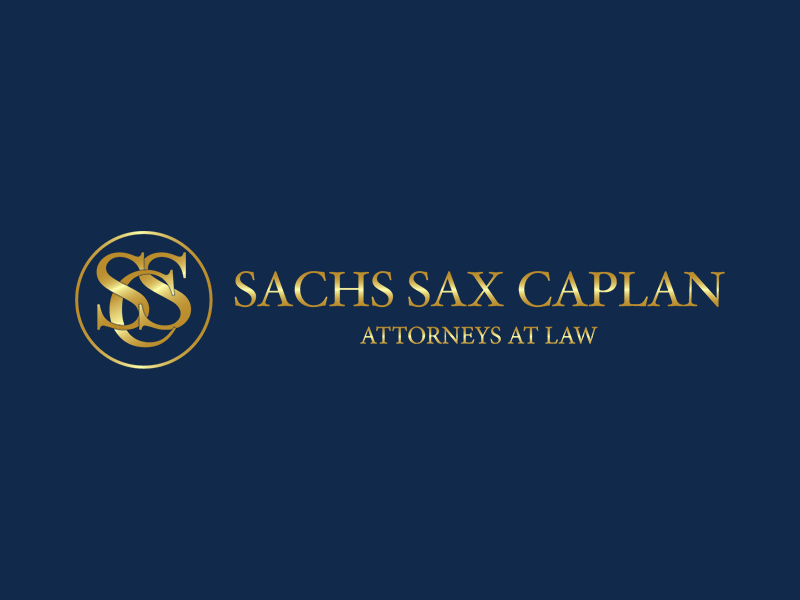
Key Provisions in 2021 Legislation Affecting Community Associations
Numerous significant changes to Florida Statutes governing community associations (condominiums, cooperative and homeowners associations) will take effect July 1, 2021, presuming approval and signature by Governor Desantis. These changes are primarily contained in two bills already passed by both houses of the Legislature—SB 56 and SB 630. The purpose of this column is to provide a brief overview of some of the most impactful changes, although there are many others not addressed here. A more comprehensive and thorough summary of the new legislation will be contained in our upcoming 2021 Legal Update.
First, SB 56 imposes several new statutory requirements on association delinquent maintenance fees/assessments collection practices—something which, unfortunately, almost all associations have had to deal with at one time or another. Specifically, the legislation amends the Florida Statutes governing “pre-lien” collection requirements and now requires community associations, before requiring owners to pay any attorneys fees fo r collection, to first deliver to the owner a “Notice of Late Assessment” allowing the delinquent owner an opportunity to pay before attorney fees for collection are assessed. An affidavit attesting to delivery of this new notice will now need to be created and kept in owner account files to demonstrate compliance with the new statute. In addition, SB 56 requires an association intending to change its delivery method for invoices/statements of account to owners to first deliver a notice of the change to each owner at least 30 days in advance. Further, they must receive an affirmative acknowledgement from the owner that they understand the change. These affirmative acknowledgments will now be required to be maintained in the association’s official records. Finally, SB 56 increases the statutory time period that pre-lien and pre-foreclosure notices must be delivered by condominium associations and cooperative associations to 45 days (currently 30 days), which conforms with the time periods already required for homeowners’ associations.
r collection, to first deliver to the owner a “Notice of Late Assessment” allowing the delinquent owner an opportunity to pay before attorney fees for collection are assessed. An affidavit attesting to delivery of this new notice will now need to be created and kept in owner account files to demonstrate compliance with the new statute. In addition, SB 56 requires an association intending to change its delivery method for invoices/statements of account to owners to first deliver a notice of the change to each owner at least 30 days in advance. Further, they must receive an affirmative acknowledgement from the owner that they understand the change. These affirmative acknowledgments will now be required to be maintained in the association’s official records. Finally, SB 56 increases the statutory time period that pre-lien and pre-foreclosure notices must be delivered by condominium associations and cooperative associations to 45 days (currently 30 days), which conforms with the time periods already required for homeowners’ associations.
In contrast to the specific focus of SB 56 on collection practices, at more than 100 pages long, SB 630 contains a much more substantial and comprehensive set of changes to a variety of statutory provisions governing the management and operation of community associations. Among the most poignant to our current times, the legislation amends the statutes providing associations certain emergency powers to now specifically include states of emergency caused by public health crises, such as the Covid-19 pandemic. The legislation explicitly permits membership meetings, committee meetings, and elections to be conducted using remote electronic means during a declared state of emergency (as opposed to just Board meetings). Importantly, the legislation also prohibits community associations, during declared states of emergency, from prohibiting access to portions the community when such access is necessary in connection with the sale, lease, or other transfer of property unless a governmental order or public health directive has first been issued prohibiting such access.
With respect to common types of disputes between condominium associations and their members, condominium associations will now have the option (with the exception of recall or election disputes) to go to pre-suit mediation as a prerequisite to filing a lawsuit, rather than just an arbitration with the Division of Condominiums. Additionally, board member recall disputes for community associations may now be filed in court, as an alternative to an arbitration as previously required.
Of particular importance to homeowners associations, SB 630 adds new language to Chapter 720 similar to that currently contained in the Condominium Act, which provides that governing document amendments that “prohibit or regulate” rental agreements will only apply to owners who purchase their parcels after the effective date of the amendment(s) or current owners who consented or voted for the amendment. Although the legislation makes an important exception still allowing homeowners associations to implement restrictions on short-term rentals (of 6 months or less), all homeowners association boards and managers that intend to implement any new restrictions on rentals are strongly encouraged to make such changes prior to July 1, 2021, before the new legislation takes effect.
There are many more additional changes to the statutes governing community associations contained in SB 630, including clarification of condominium association board member 8-year term limits; removal of homeowners associations’ “Rules and Regulations” from the definition of “governing documents” of the association; treatment of “natural gas fueling stations” at condominiums similar to electrical vehicle charging stations; provisions permitting all associations to remove what may be illegal and outdated discriminatory restrictions from their governing documents by Board vote alone, regardless of any member approval thresholds required for amendments; and modifications to the date for which fines imposed by associations for governing document violations are due.
Board members and management personnel will need to become familiar with these changes and are strongly encouraged to reach out to counsel for advice and guidance on how to best address them in a manner specific to the needs of each association.
SACHS SAX CAPLAN, P.L.
PETER S. SACHS
When you subscribe to the blog, we will send you an e-mail when there are new updates on the site so you wouldn't miss them.

Sachs Sax Caplan, P.L. is proud to be recognized by The Florida Bar for our commitment to hiring and developing Board Certified Attorneys.

